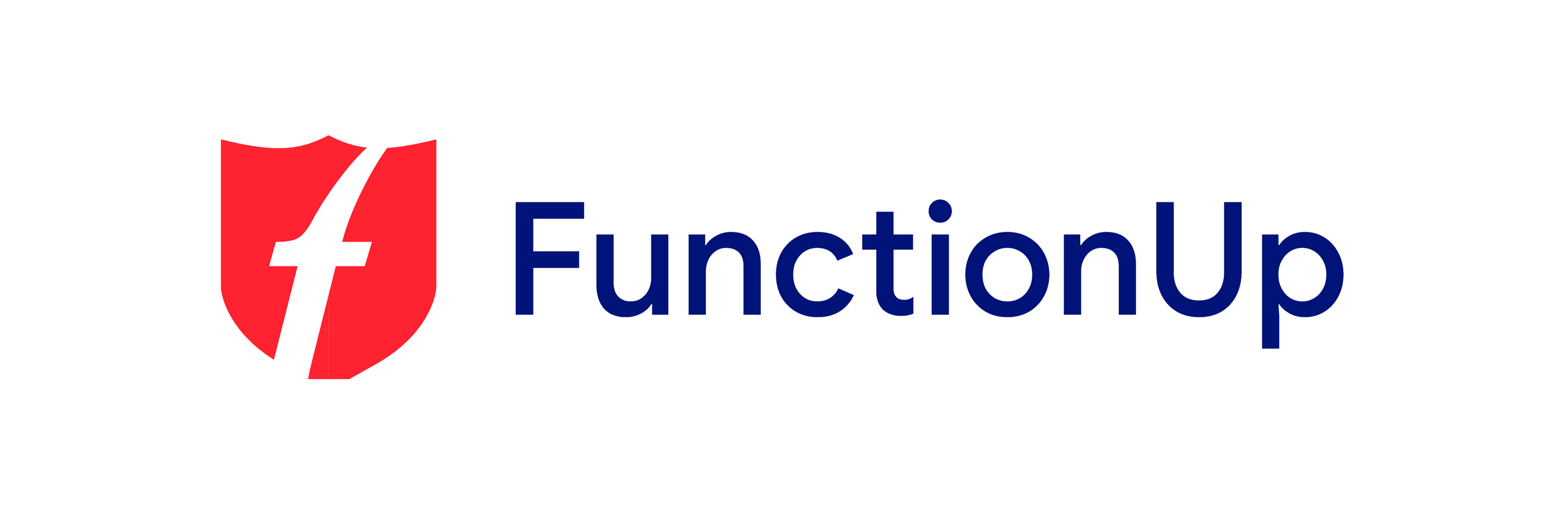
As our world becomes more deeply embedded with technology, many are considering switching careers to the tech sector due to its in-demand job market. Many find technology appealing, as it allows those without prior experience to enter with open arms and offers a flexible market where diverse skills and experiences are valued. However, for those considering a career change, enrolling in an educational institution to obtain a degree related to computer science, software development, UI/UX design, or any other tech field may not be an ideal option. The traditional university route into tech can be overwhelming for some people due to a lack of time or financial resources. Web developer bootcamps offer an alternative option, and many people wonder if it’s worthwhile to join one to transition their careers. No matter where you are in your research process, you must consider all available options.
Here are some tips to help you better comprehend your requirements and identify the training that most effectively meets them.
Are you considering switching careers and working in tech?
Before committing, ask yourself if this field truly interests you. Many individuals feel drawn to tech through their interests outside of work. Are you fascinated with computing, the design of apps and websites, numbers analysis or cyber-security? Whatever the case, chances are good that this interest has always existed within you. No matter your interest in tech, it’s essential to be clear on why you want a full-time profession. Therefore, before leaping, we suggest taking low-cost or free online courses and investing time or money into an educational program. You can explore tech-related topics on platforms like Udemy, Domestika or Freecodecamp; all are great options!
What is a Web Developer bootcamp like?
Web developer bootcamps provide intensive, 10-week training in technology aimed at making an immediate career change. But to succeed, you need time, dedication, and the right mindset. These intensive programs require intense hands-on projects plus theoretical topics in tech that would take years of dedication otherwise. However, for those without enough time or funds to devote four years towards school or university study, options exist too; but for many those without these resources, a bootcamp may be their best bet.
What Web developer bootcamps Will Teach You?
When selecting a bootcamp, no two programs are alike. Like an undergraduate degree program, each bootcamp has its focus and curriculum. With so many emerging technologies and framework changes, course materials may occasionally change within the same bootcamps.
However, you should know a few trends to watch out for when considering which programming bootcamp to attend. JavaScript is currently the primary teaching language at these institutions, with 44 per cent using it as their primary coding technology. Programming bootcamps also commonly teach Ruby on Rails, full stack JavaScript,.NET/C#, Java, Python or PHP programming skill sets.
According to Course Report’s research for 2019, 94% of web developer bootcamp participants learn full-stack web development. However, these courses aren’t limited solely to that. These typically consist of the following:
Front End Development
Front-end development is programming all features that web visitors and app users can view and use. Professionals in this discipline typically write HTML, CSS and JavaScript for web applications.
Front-end developers are responsible for keeping web platforms up-to-date and compatible. Furthermore, these professionals must plan carefully to create the most usable, captivating platform possible; thus, these positions require someone with an eye for design and user experience. Front-end bootcamps typically cover the HTML, CSS and JavaScript trifecta and modern frameworks like React, Angular or Vue. Technical topics like jQuery, server-side management, DOM manipulation, TypeScript and Bootstrap may also be covered in detail. Some may even delve into good UX (user experience) design principles. The coursework will likely focus on creating front-end designs that integrate with back-end platforms and turning web pages into mobile-friendly sites.
Back End Development
The back end refers to everything an application’s user cannot see or interact with directly. This includes its server, database, and internal business logic. When clients type in a URL for a website, they inquire about the server. The server accepts, processes and returns the requested web page to the client. If they submit information through forms – like accessing login portals – that data is then sent back to be stored in a database.
This occurs behind the client’s back end, where back-end developers ensure all operations run efficiently and reliably. Generally, they focus on optimizing a site’s speed and responsiveness since back-end processes often act as the bottleneck for applications; if it runs slowly, users will experience it – and eventually, leave.
Web developer bootcamps typically cover database management systems like MongoDB, MySQL, PostgreSQL and Oracle in depth. Furthermore, they often introduce server-side technologies like Node.js, JavaScript, Express.js and HTML in brief. Additionally, courses may cover APIs (Application Programming Interfaces), which enable projects to communicate with other sites’ databases and servers from behind the scenes.
Full Stack Development
Consider a full stack application as a restaurant: the front end serves meals to customers, while the database acts like the pantry — it stores ingredients and changes them when needed, creating meals from those stored. Finally, the server serves as the kitchen, where different ingredients are assembled only upon client request.
To take this metaphor a bit further, the full stack would refer to all aspects of a restaurant’s operations – from back warehouses to the plated dishes on tables.
Full-stack developers possess the expertise to manage and develop entire websites and applications; however, they typically specialize in one or two languages. Thus, they act as “jacks of all trades” within the software industry.
Full-stack developers spot communication issues between the back and front ends. Due to their familiarity with a company’s full tech stack, they tend to detect these problems faster than more specialized developers can. Full stack bootcamps typically cover topics such as HTML, CSS, JavaScript, Node.js, MongoDB, dynamic HTML templating, RESTful routing and APIs; however, the specific skill sets covered may vary between bootcamps.
Are web developer bootcamps Worth It?
While web developer bootcamps cannot substitute for a college degree, they may give you the edge to enter the tech field faster, make money quickly, and build an exciting career. So are web developer bootcamps worth it? If you want to start a tech career, web developer bootcamp may be your ideal option. The advantages of taking advantage of this type of education are numerous – not least because it costs much less than traditional college degrees!
Help to find a job: Most web developer bootcamps provide job search assistance so you won’t be alone in your hunt. No college degree is necessary. While having some background in your related discipline may give you more insight into the field, not having one is usually not required.
Valuable Skills: Web developer bootcamps provide in-demand skills in a short amount of time, so you’ll be ready to find an appropriate job quickly.
Versatility: Web developer bootcamps typically provide comprehensive instruction, making you a marketable job candidate with various competencies.
Can web developer bootcamps Lead To Employment?
With hard work and commitment, yes. Evidence suggests that those completing web developer bootcamps are well-positioned for rewarding software development careers.
HackerRank says nearly one in three hiring managers (32%) have hired a bootcamp learner. Furthermore, 72% of those who have hired such professionals believe that those professionals are “equally or better qualified for the job than other hires.”
HackerRank’s researchers further noticed that individuals who had completed a bootcamp tended to possess more desirable skills, such as the capacity to learn new technologies and languages quickly, along with extensive practical experience.
Researchers for Indeed recently found that 99.8% of surveyed hiring managers who have used bootcamp participants said they would do so again if given the chance.
No doubt, good web developer bootcamps can offer learners valuable career prospects.
Final Verdict: Are web developer bootcamp Worth It?
Yes, web developer bootcamp can be beneficial.
If your goal is to transition into a software engineer role, more than just bootcamp training may be required. A web developer bootcamp can teach you to code but to stand out in the job market truly; you will need to demonstrate soft and interpersonal skills. On the other hand, if your goal is simply learning new abilities for fun, then a full-time, expensive bootcamp likely isn’t necessary.
Web developer bootcamps are the quickest way to acquire skills for a career in software engineering and build an extensive network of connections. Plus, they include career counseling, which is invaluable for anyone transitioning into a new industry.
If you’re serious about becoming a software developer and want to make that change quickly, web developer bootcamps are your best bet for an informed, supported career transition. FunctionUp will equip you with fundamentals in the most popular programming languages (including JavaScript, Java, Python and C ++). Most classes are either fundamental level courses that last 4 months or intermediate ones that build upon your knowledge.
Are you interested in learning how to code online? Check out our lessons at no upfront cost on our website.
